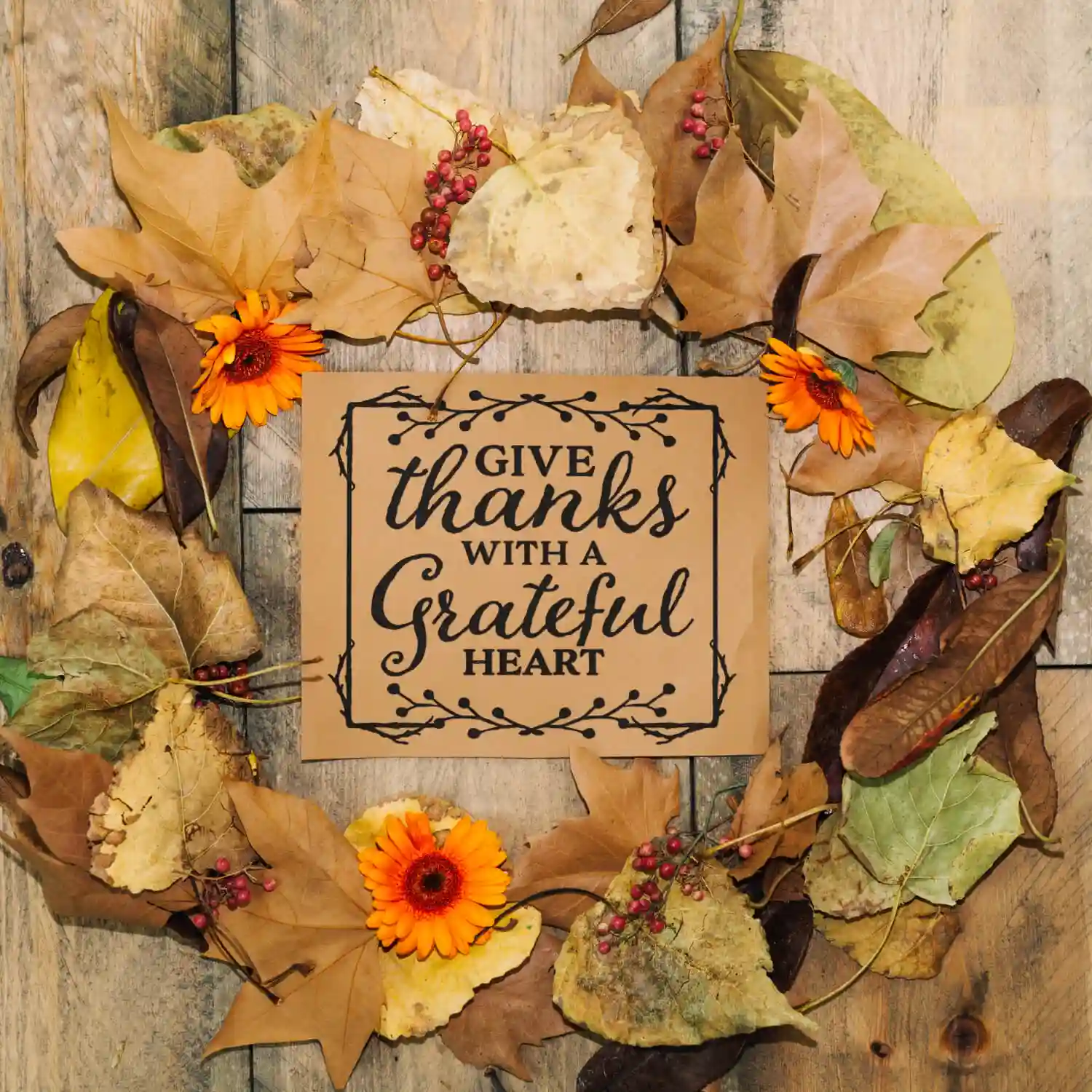Introduction
Life, with its myriad hues and phases, has moments that stand still in time, and the final chapters often hold the most profound significance. In these delicate instances, the world might seem overwhelming, making gestures of love and care all the more paramount. End-of-Life Gifts emerge as beacons during such times. They aren't just presents but anchors, grounding us in love, preserving precious memories, and reaffirming the bonds we've nurtured. These gifts, especially when choosing an emotional support gift for a hospice patient, move beyond their material form to touch the soul. It's a reminder that whether it's a gift for a dying friend or selecting gifts for someone in hospice, the true essence isn't in the object's value but the depth of sentiment it holds. Moreover, such gifts can also offer Physical Support, providing comfort and ease during trying times.
The Emotional Essence of Gifts for Hospice Patients
Life's most genuine moments often lie between the lines, in the unsaid, in the memories that bring both tears and smiles. When emotions are too profound for words, End-of-Life Gifts become their voice, speaking volumes of love, care, and shared history. They aren't mere items - like an off-the-shelf hospice gift - but encapsulations of life's shared moments. Laughter shared, tears shed, secrets whispered, and hands held; these gifts are tangible memories. Considering hospice patient gift ideas, one realizes that the true gift isn't just what's wrapped but the promise it holds – a reassurance that even if life's journey, including its palliative care phase, is transient, memories and bonds are timeless.
Historical View on Gifts for Hospice Patients
Throughout the annals of history, gifting has consistently played an intrinsic role in human interactions and rituals. From ancient Egyptian pharaohs who were buried with tokens meant to aid them in the afterlife to the Greek tradition of placing coins on the eyes of the deceased for the ferryman Charon, end-of-life gifts have transcended cultures and epochs. These practices underscored the idea of safe passage and respect for the departed. Fast forward to contemporary times, and while the rituals might differ, the essence remains the same. Whether it's a family searching for grief support gifts for someone in hospice care or individuals pondering what is a good gift for a terminally ill person, the heart remains - honoring a life lived, including its palliative care moments, and the deep bonds shared. This age-old act of giving, epitomized in a hospice gift, speaks to the universality of human emotions and our need to connect, remember, and celebrate life in all its phases.
Personal Touch in Gifts for Hospice Patients
In the backdrop of life's impermanence, the relationships we nurture stand out with their indelible mark on our souls. Each connection tells a unique tale, full of intimate moments, shared secrets, and intertwined memories. Rachel, grappling with grief, found solace in presenting a birthday gift for someone who is dying, a hand-painted portrait capturing a cherished moment. Peter, while navigating the challenging terrain of finding gifts for the terminally ill person, chose to create a playlist of songs from their college days, evoking bittersweet nostalgia.
These details, the personal touch, amplify the emotional weight of End-of-Life Gifts. So, considering what to give someone dying is more than just the material value. It's about diving deep, understanding shared experiences, and ensuring that whether it's a simple hospice gift or a thoughtfully curated gift idea for the terminally ill, it is a tangible testament to memories and love.
Guidelines for Choosing the Perfect Gift
Choosing the right End-of-Life Gift is a task imbued with emotions, often making the selection process feel overwhelming. It's not just about picking an item but choosing a token that resonates with the recipient's essence. As you navigate this sensitive terrain, here are some guiding principles:
- Interests & Preferences: Understand the recipient's likes and hobbies. If they love music or art, then cater to that. For instance, considering gift ideas for someone who is dying, a compilation of their favorite songs, or an art kit can be a heartwarming choice.
- Shared Memories: Reflect on the moments that define your bond. It could be a shared vacation, an inside joke, or a mutual love for a particular cuisine. Crafting a gift around these memories ensures it carries a personal touch.
- Emotional Resonance: An End-of-Life Gift should resonate emotionally. It's not about how grand or expensive the gift is but the sentiment it encapsulates. For many, a handwritten letter or a photo book might be the most valued gift idea for someone who is dying.
Consulting a social worker can provide unique insights into hospice care gift ideas for the terminally ill. Their experience allows them to offer suggestions that cater to emotional needs while being mindful of the situation.
DIY Gifts: Adding Personal Touches
Healing through Gifting
In today's fast-paced world, where instant gratification often supersedes emotional depth, DIY gifts stand out as poignant reminders of genuine human connections. The very essence of creating something with your own hands, putting thought into each detail, and personalizing it for someone special, is a testament to the care and love that the giver holds.
Handcrafted gifts, away from the commercial noise, inherently carry a soul, a piece of the person who created it. They stand in stark contrast to the mass-produced items that, though beautiful, might lack the personal touch that makes a gift genuinely special.
Hand-knitted Scarf: Beyond its obvious utility, a hand-knitted scarf embodies warmth in more ways than one. Each stitch can be seen as a symbol of love, care, and the time invested in creating something beautiful for someone cherished. When wrapped around the neck, it feels like an embrace, a tangible representation of love that comforts during challenging times. For someone contemplating what to get someone who is dying, a hand-knitted scarf can be a comforting, heartfelt gesture that goes beyond its material value.
Jar of Notes: A simple jar, when filled with handwritten notes, transforms into a treasure trove of memories and emotions. Each note, carrying a memory, a quote, or a heartfelt message, serves as a reminder of shared moments and mutual affection. On days that are particularly challenging, pulling out a note can bring a smile, a tear, or a moment of solace. It's a reservoir that continuously offers love, hope, and cherished memories.
Handmade Photo Frame: Photos capture fleeting moments, allowing us to travel back in time. By crafting a handmade photo frame, the giver adds another layer of emotion to that memory. The effort in designing, choosing materials, and assembling them, all while keeping the recipient in mind, makes this gift deeply personal. When a cherished photo is encased in such a frame, it becomes a focal point of nostalgia, allowing the recipient to relive moments of joy, love, and togetherness.
In conclusion, every DIY End-of-Life Gift stands as a tangible representation of the giver's emotions. The time, effort, and thought that go into creating such gifts make them invaluable. They aren't just items but are imbued with stories, memories, and a personal touch that speaks volumes, resonating with the shared journey of the giver and the recipient.
Navigating Challenges in Gifting
The journey of selecting the perfect End-of-Life Gift is paved with challenges. The fear of evoking heightened emotions, the uncertainty of appropriateness, or even the worry of misjudging preferences can be daunting. The anchor in these turbulent waters is empathy and understanding. Recognizing the individuality of each person's journey and their unique emotional landscape is pivotal. Open communication, asking directly or seeking insights from close ones, can sometimes guide the gifting process, ensuring the chosen hospice gift or other token resonates with the individual's needs and emotions.
Conclusion
Life, in all its unpredictability and ephemerality, constantly reminds us of its fleeting nature. Amidst this realization, gestures that commemorate and celebrate life acquire a deeper meaning. End-of-life gifts, especially gifts for hospice patients, hold a place of immense reverence in this context. They aren’t mere material objects but symbolic embodiments of emotions, memories, and shared histories that have enriched our lives.
The true essence of such gifts isn’t in their monetary value or grandeur, but in the stories they tell, the memories they encapsulate, and the love they emanate. It's akin to an unspoken dialogue between the giver and the recipient, a conversation that resonates with shared experiences, joy, sorrow, and every nuanced emotion they’ve journeyed through together.
Furthermore, when making such profound choices, it might also be invaluable to consult with those closely involved in the care of the dying person, like the Attending Physician. Their insights can offer perspectives on the emotional and physical needs of the patient, guiding the selection process to ensure it’s both comforting and appropriate.
In the larger scheme of things, these gifts serve as a poignant reminder of life's impermanence, becoming tributes to the relationships nurtured, memories crafted, and bonds forged over time. Whether the gesture is towards a hospice patient, someone nearing the end of their journey, or even a token for those left behind, the focus remains on understanding, empathy, and deep emotional connection. In the end, End-of-Life Gifts stand as profound testaments to love, capturing the myriad moments of joy, sorrow, and all the intertwined emotions in between, ensuring that even in goodbye, love remains immortal.




.jpg)












.webp)




.webp)


